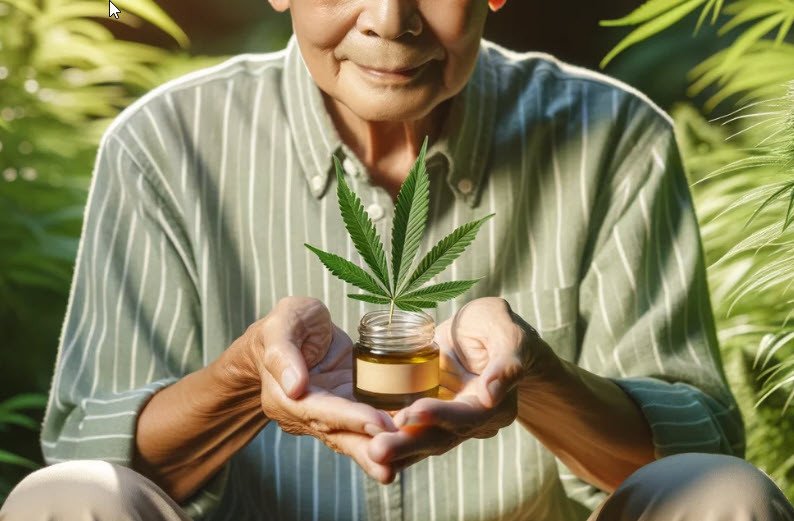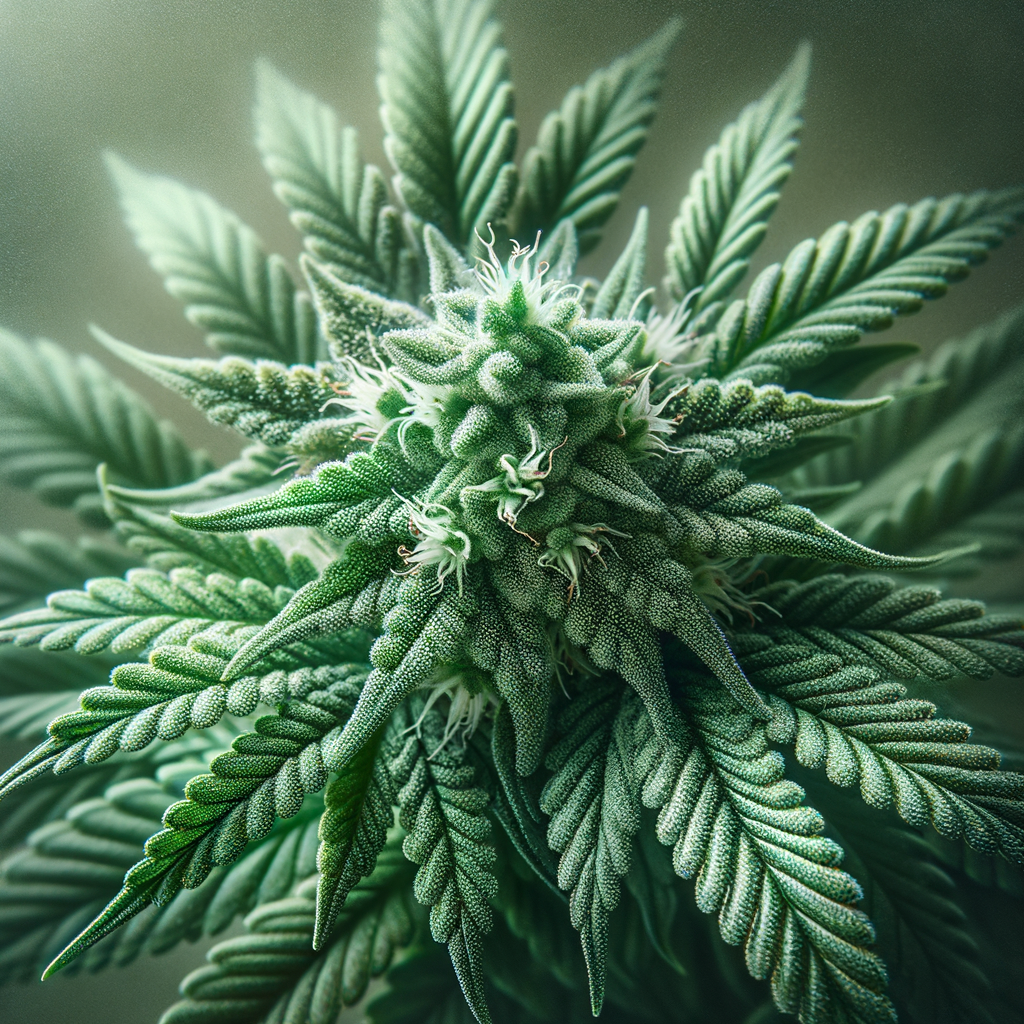Understanding Parkinson's and Cannabis
Parkinson's disease is a neurodegenerative disorder that affects movement, often causing tremors, stiffness, and balance problems. Some patients are exploring medical marijuana as a complementary therapy to manage symptoms, though research remains limited.
Emerging studies suggest that cannabinoids may have neuroprotective properties, potentially offering some benefit in slowing disease progression, though conclusive evidence remains elusive. Researchers are also exploring the role of the endocannabinoid system in Parkinson's, which may influence motor control and neuroinflammation.
Additionally, some patients report subjective improvements in symptom management when using cannabis products, but these anecdotal experiences require validation through rigorous clinical trials. As research advances, future findings could better clarify which compounds and delivery methods are most effective and safe for individuals with Parkinson's disease.
Potential Benefits for Parkinson's Symptoms
1. Tremor Reduction
- Some patients report decreased tremors with cannabis use
- May work by modulating basal ganglia activity
- Effects vary significantly between individuals
2. Pain Management
- Can help with muscle rigidity and dystonia-related pain
- THC and CBD both show analgesic properties
3. Sleep Improvement
- May help with insomnia common in Parkinson's
- Indica strains often preferred for sleep
4. Mood Enhancement
- May alleviate depression and anxiety symptoms
- Low-dose THC can have mood-elevating effects
Current Research Findings
Supportive Evidence
- 2014 study showed improved motor symptoms in some patients
- 2017 survey found 46% of PD patients reported symptom relief
- Animal studies suggest neuroprotective potential
Limitations and Unknowns
- Few large-scale clinical trials exist
- Optimal strains and dosages not established
- Long-term effects on disease progression unknown
Product Considerations
CBD-Dominant Products
- Non-psychoactive option
- May help with inflammation and neuroprotection
- Fewer side effects than THC products
THC-Containing Products
- May be more effective for pain and sleep
- Risk of cognitive side effects
- Start with very low doses (1-2.5mg)
Important Safety Considerations
- May interact with Parkinson's medications (especially dopamine agonists)
- THC can worsen balance and cognitive symptoms in some patients
- Smoking not recommended due to lung health concerns
- Legal status varies by location
Frequently Asked Questions
Q: Can marijuana cure Parkinson's disease?
A: No, there is no evidence cannabis can cure Parkinson's. It may help manage some symptoms but does not stop disease progression.
Q: What's better for Parkinson's - CBD or THC?
A: It depends on symptoms. CBD may help with inflammation and anxiety, while low-dose THC may better address pain and sleep issues.
Q: Will marijuana make my Parkinson's medications less effective?
A: It might interact with some medications. Always consult your neurologist before trying cannabis products.
Q: How should I consume cannabis for Parkinson's?
A: Vaporizing or oral products (oils, edibles) are generally preferred over smoking. Start with low doses and go slow.
Q: Can marijuana help with Parkinson's dementia symptoms?
A: THC may worsen cognitive symptoms in those with dementia. CBD may be safer but research is lacking.
Key Takeaways
- Cannabis may help manage some Parkinson's symptoms but isn't a cure
- Effects vary widely between individuals
- CBD products generally have fewer risks than THC
- Always consult your doctor before trying cannabis
- More clinical research is needed to establish guidelines
In summary, while preliminary research and anecdotal reports suggest potential benefits of cannabis for managing certain Parkinson’s symptoms, there is still a significant need for more rigorous clinical studies to confirm safety and effectiveness.
Patients considering cannabis should do so under the guidance of their healthcare team to ensure proper management and to avoid possible interactions with existing medications. As the scientific community continues to investigate the endocannabinoid system and its role in Parkinson's disease, future therapies may become more targeted and evidence-based, offering clearer guidance for those seeking alternative symptom relief options.
The content of this post is provided for informational purposes only. It is essential to consult with a qualified healthcare professional before making any decisions regarding your health or wellness. The author is not a licensed medical professional, and this information should not be considered medical advice.
If you require any assistance with this article, please do not hesitate to Contact Us.














